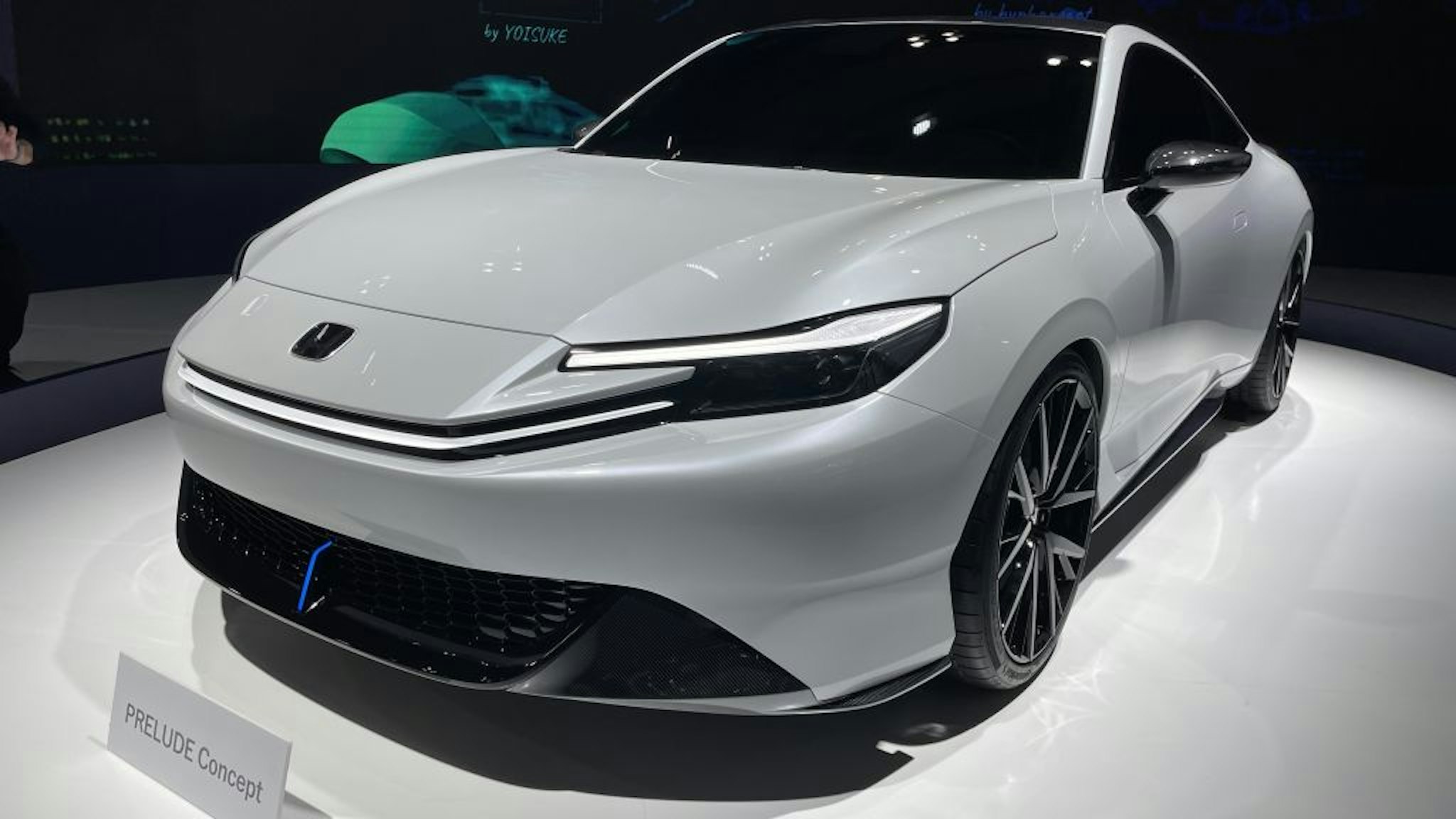A comprehensive new study of electric vehicles found that the total cost of running them, when government subsidies are factored in, is significantly higher than commonly believed.
Brent Bennett and Jason Isaac issued their report for the Texas Public Policy Foundation, pointing out that advocates for electric vehicles claim the vehicles require lower maintenance and lower fueling costs than traditional vehicles, and future reductions in battery prices will make EVs less expensive.
But, they argue, “no one has attempted to calculate the full financial benefit of the wide array of direct subsidies, regulatory credits, and subsidized infrastructure that contribute to the economic viability of EVs.”
They give evidence that “the average model year (MY) 2021 EV would cost $48,698 more to own over a 10-year period without $22 billion in government favors given to EV manufacturers and owners. … Adding the costs of the subsidies to the true cost of fueling an EV would equate to an EV owner paying $17.33 per gallon of gasoline. And these estimates do not include the hundreds of billions more in subsidies in the Inflation Reduction Act (2022) for various aspects of the EV supply chain, particularly for battery manufacturing.”
“Nearly $22 billion in federal and state subsidies and regulatory credits suppressed the retail price of EVs in 2021 by an average of almost $50,000,” the authors note. “Car lots are swelling with unsold EVs and the Ford Motor Company is losing over $70,000 on each EV it currently sells.”
“When we pay for a gallon of gasoline, we are paying for the entire infrastructure to refine, transport, and market that gasoline,” they point out. “When an EV owner connects to the electric grid, how much are they paying for the extra generation, transmission, and distribution costs that they are imposing on the grid, and will those embedded costs rise over time?”
They conclude: “The stark reality for proponents of EVs and for the dreamers in the federal government, who are using fuel economy regulations to force manufacturers to produce ever more EVs, is that the true cost of an EV is in no way close to a comparable ICEV [internal combustion engine vehicle]. Our conservative estimate is that the average EV accrues $48,698 in subsidies and $4,569 in extra charging and electricity costs over a 10-year period, for a total cost of $53,267, or $16.12 per equivalent gallon of gasoline. Without increased and sustained government favors, EVs will remain more expensive than ICEVs for many years to come.”
This article has been revised for emphasis and clarity.

